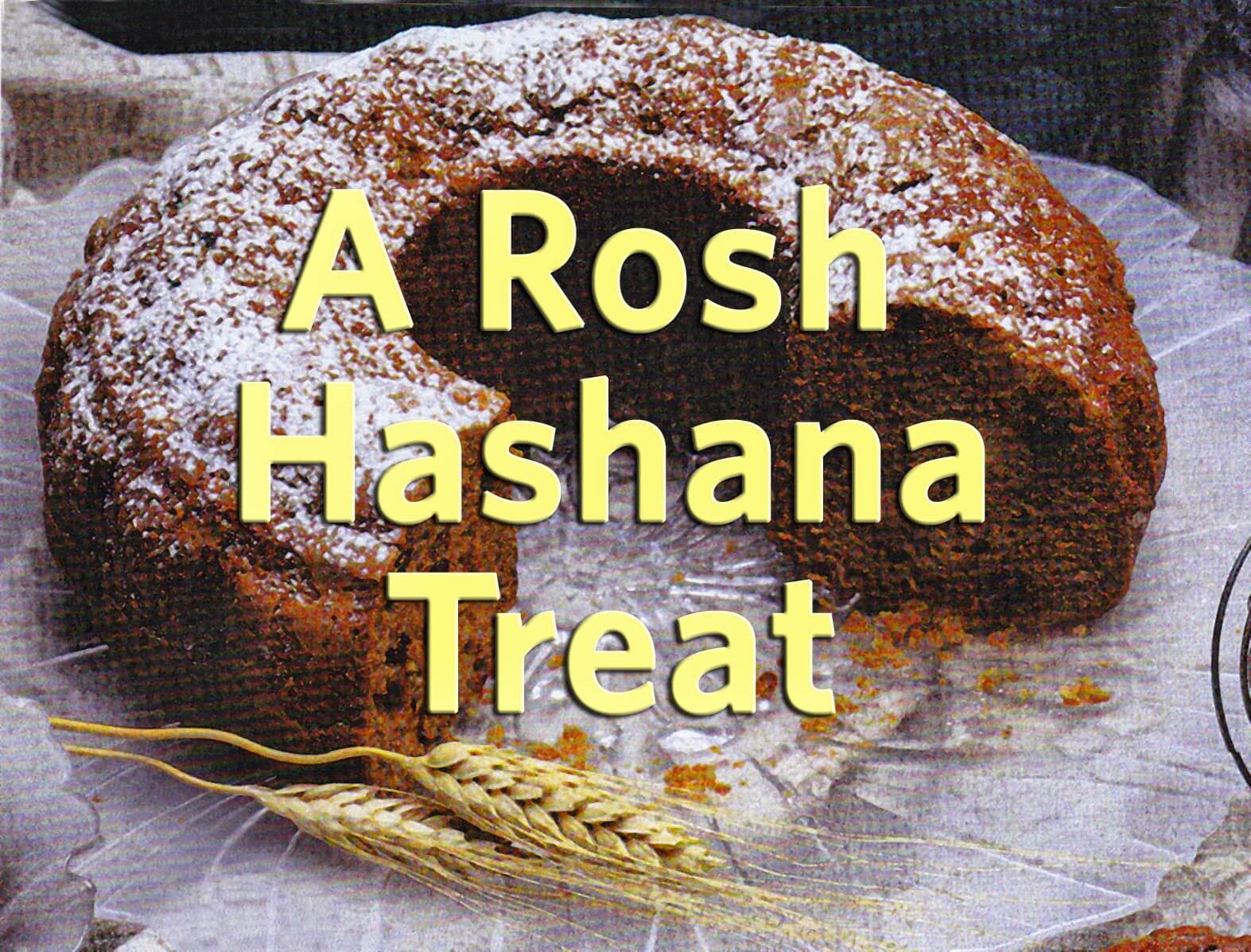“I swear that this time I will lose weight”
“I am going to pray every day…”
We
make promises all the time. We swear that we are going to do something,
and then hope that we will be in a position to fulfill the vow.
But
did you know that according to the Torah, words often have binding
force and may not be taken lightly? The Jewish legal view on oaths and
vows is based on the verse, “He shall not break his word; he shall do
according to all that he has uttered” (Numbers 30:3).
When
you swear to do something, you’ve made a serious commitment. Words,
from a Torah perspective, can be binding. (It is for this reason that
many people, after promising to do something, will append the caveat “blineder” – without intending to vow, to prevent themselves from vowing falsely.)
According to the Torah, vows and oaths, however, can be retroactively nullified, by a “court” of knowledgeable people.
It
was considered particularly important by the sages that, as the High
Holidays approach, people ensure that they have not violated their
previous year’s vows. They therefore created a formal nullification of
vows that all are urged to perform before Rosh Hashanah. Known as “Hatarat Nedarim,” the
traditional “annulment of vows” takes place in front of a Jewish court
of at least 3 knowledgeable men. In addition to nullifying past vows
made “in error,” the Hatarat Nedarim also declares that any such statements made in the coming year should be considered null and void.
(Of
course, the nullification only covers those vows that are allowed to be
nullified – not vows such as those regarding owing someone money – and
vows that are made by one individual to another.)
This Treat is reposted in honor of Rosh Hashana.
Copyright © 2018 NJOP. All rights reserved.

Related Posts
Annulment of Vows
"I swear that this time I will lose weight" "I am going to pray every day..." We make…
0 Comments2 Minutes
Annulment of Vows
"I swear that this time I will lose weight” “I am going to pray every day...” We make…
0 Comments2 Minutes
Annulment of Vows
"I swear that this time I will lose weight""I am going to pray every day..."We make…
0 Comments2 Minutes
 Print This Page
Print This Page